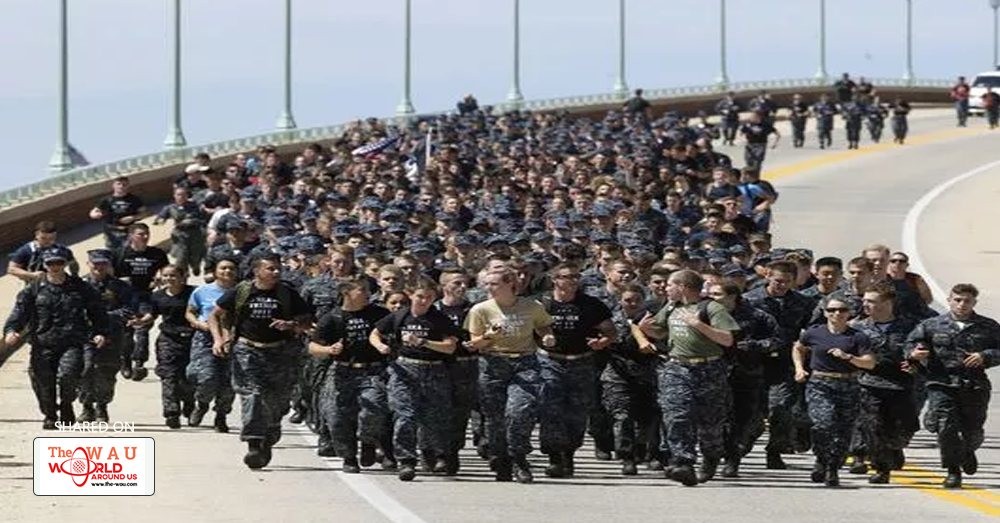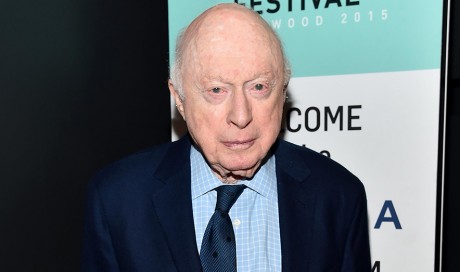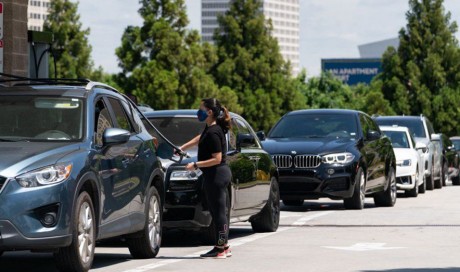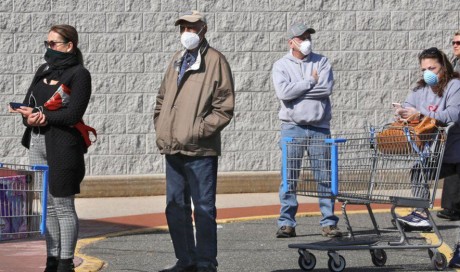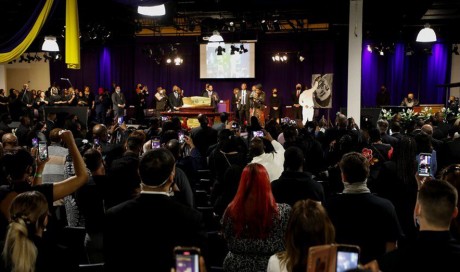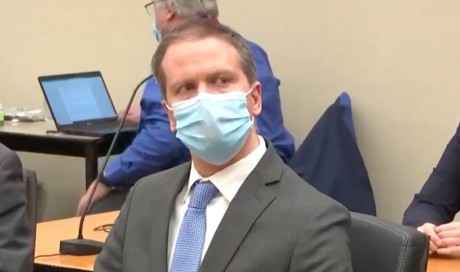A top Pentagon official has called on the civilian and uniformed leaders of the armed services to report on their plans to begin accepting new transgender troops by July 1, according to a memo obtained by USA TODAY.
The May 8 memo from Deputy Defense Secretary Robert Work instructs the service secretaries and chiefs of the armed services to assess the military’s “readiness to begin accepting transgender applicants on July 1, 2017.” Their assessments are due May 31.
The memo also contains language that one of the architects of the transgender policy interprets as an opportunity for the services to back out of recruiting transgender troops by raising the issue of how they could affect readiness for combat.
“The personnel policies of this Department are designed to enhance the warfighting readiness and lethality of the force that protects our country,” Work wrote. “We do not intend to reconsider prior decisions unless they cause readiness problems that could lessen our ability to fight, survive and win on the battlefield.”
It’s the “unless” in Work’s memo that troubles Brad Carson, a top official for military personnel under Carter and primary advocate for rescinding the ban on transgender troops.
“This could be seen as an opportunity to reconsider the policy,” Carson said. “It is certainly possible, and it would invite litigation. I do have full confidence in (Defense Secretary) Jim Mattis to do the right thing here.”
Work, through a spokeswoman, declined to comment on the memo. As for Mattis, the Pentagon press office released a statement that read, "The Secretary is awaiting the input of Services on May 31. When he receives that input he will make decisions based on readiness needs."
Mattis has made the “readiness and lethality” standard that his deputy referred to as a top priority for the Pentagon. Earlier this month, he rolled back the policy that had allowed graduates from the military academies to obtain a waiver from service to pursue careers in professional sports.
Mattis used the same phrase in explaining why he rescinded the policy and now requires all academy graduates to complete at least two years of active duty service before trying out for a pro sports team.
The academies exist, he wrote, “to develop future officers who enhance the readiness and lethality” of the military.
Developing a policy on accepting new transgender troops is taking on new urgency. Later this month, two transgender cadets — one at the U.S. Military Academy at West Point and another at the Naval Academy at Annapolis -— are scheduled to graduate and receive degrees. But neither will be commissioned as officers because the military has not yet developed a policy to accept them. Coincidentally, the military's most famous transgender service member, Pvt. Chelsea Manning, was released May 17 from Army prison; her 35-year sentence for the massive leak of classified information to Wikileaks commuted in January and shortened to seven years by then-President Obama.
The impact of transgender troops on military readiness was the subject last year of a study by the RAND Corp, commissioned by the Pentagon.
Researchers found they would have a “minimal impact on readiness and health-care costs,” according to the report. Researchers from RAND, a non-profit organization, estimated there are as many as 6,000 transgender troops among the 1.3 million on active duty. The study estimated that as many 130 transgender troops would have “reduced deployability” due to gender transition treatment. That number is “negligible” compared with the 50,000 non-deployable active duty soldiers it found in 2015, according to the RAND report.
Expanding the pool of candidates for military service improves fighting effectiveness, said Aaron Belkin, director of the Palm Center, an organization that researches issues regarding sexual orientation in the military. The repeal in 2011 of Don’t Ask, Don’t Tell, the policy that prohibited gay and lesbian troops from serving openly has made the military better, he said.
"Research of (Don't Ask, Don't Tell) and of militaries around the world has always confirmed the same thing: inclusive policy for LGBT troops promotes lethality,” Belkin said. “So as the services return their assessments to Sec.Work, we expect that they'll confirm the same point once again: inclusion promotes readiness, and concerns had no basis in reality.”
Rep. Jackie Speier, the California Democrat on the Armed Services Committee, said there is no justification for keeping transgender troops from serving or being recruited. Policies that allow lesbian, gay, bi-sexual and transgender troops to serve make the military “more effective, not less.
“This policy was settled last year, and I expect that it will continue to be put into place smoothly and without incident so that transgender service members can continue to serve our country,” Speier said.
Share This Post

